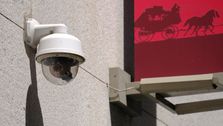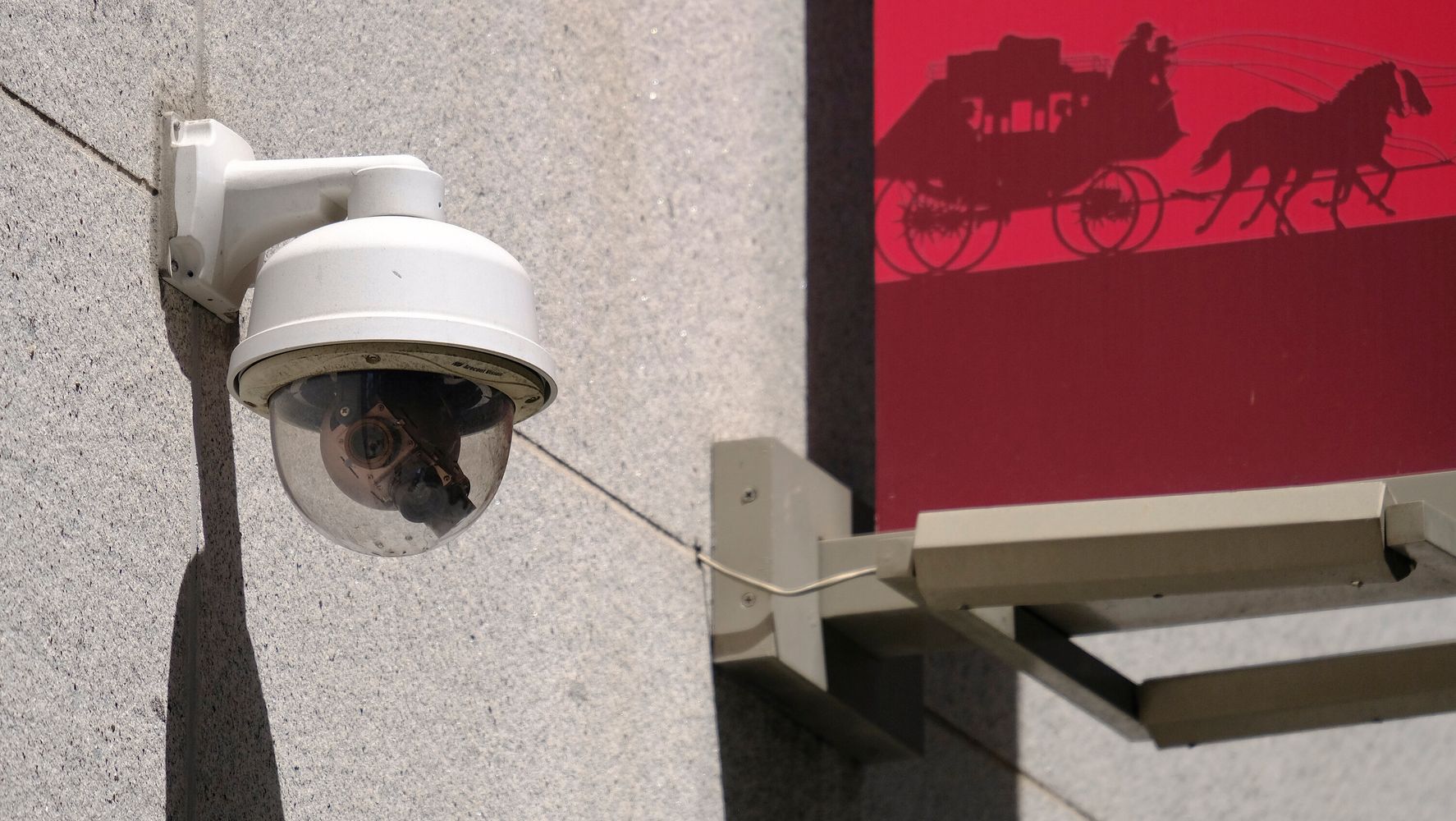[ad_1]

California lawmakers blocked a bill on Wednesday that could have expanded the use of facial recognition technology by companies and government, including law enforcement, as protesters nationwide continued to call out racism and unjust policing.
The legislation, Assembly Bill 2261, was held in committee, meaning it didn’t garner enough votes to move forward in the legislative process.
California Assemblymember Ed Chau, who introduced the bill, wrote in a CalMatters opinion article that it was meant to “regulate the use of facial recognition technology by commercial, state and local public entities.”
But dozens of civil rights groups opposed it, calling the bill an “endorsement of invasive surveillance” in an April letter, adding: “We should not be giving companies and governments a green light to use facial recognition to track individuals… and further marginalize communities.”
The American Civil Liberties Union noted the bill would “permit companies to sell face recognition technology to law enforcement even when they know their tech to be flawed and racially biased.”
“While AB 2261 purports to protect privacy, it does the opposite,” the ACLU wrote on its website. “The bill invites tech companies and law enforcement to self-regulate their use of face recognition, and places no meaningful restrictions on their ability to deploy this invasive technology against the people of California.”
In Northern California, San Francisco, Oakland and Berkeley have all banned government use of facial recognition technology in their jurisdictions.
Facial recognition technology has drawn scrutiny for its flaws, notably for frequently improperly identifying racial minorities. In one high-profile example in 2018, Amazon’s facial recognition tool incorrectly matched the faces of 28 lawmakers with people in mug shots and disproportionately misidentified people of color in a test by the ACLU.
“We know face surveillance technology is less accurate for people of color, and a misidentification could subject people to racially biased police violence,” ACLU of Northern California attorney Matt Cagle told HuffPost last year.
Facial recognition tools have been used in the past by law enforcement to monitor protests, reported the Verge — including to locate protesters in Baltimore following the death of Freddie Gray, a Black man who died after being arrested by police in 2015.
Over the past week, protests have erupted nationwide against systemic racism and unjust policing in response to the police killing of George Floyd in Minneapolis on May 25. Floyd, who was Black, pleaded “I can’t breathe” as white officer Derek Chauvin knelt on the handcuffed man’s neck.
Calling all HuffPost superfans!
Sign up for membership to become a founding member and help shape HuffPost’s next chapter
[ad_2]
Source link

